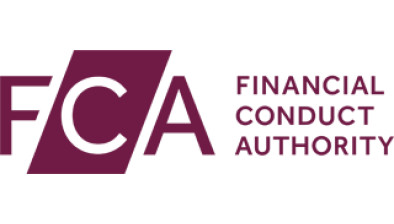FRC separation order not enough to reform big four firms, critics argue

Critics have argued that yesterday’s Financial Reporting Council (FRC) order for the UK’s Big Four accountancy firms to separate their audit practices has not gone far enough to remove conflicts of interests within big audit companies.
Yesterday, Scottish Financial News reported that the FRC had outlined a set of principles for the operational separation of audit functions within PwC, Deloitte, KPMG and EY. The watchdog has ruled that the four must detail their plans to implement all 22 of its principles by the end of October this year.
However, critics have said that the Big Four have no incentive to produce better audits. In recent years, the firms have expanded into more profitable realms, such as mergers and acquisitions, strategy advice and corporate restructuring.
This non-audit work accounts for four-fifths of the firm’s revenues. Therefore, critics are sceptical over whether a partner at a Big Four firm will be inclined to voice concerns over a client’s accounting policies when there is so much more at stake than his audit fee.
To ease concerns over such conflicts of interests, the FRC has said firms must ringfence the finances of the audit division with a separate profit and loss account, and introduce an independent audit board to oversee the practice.
Furthermore, independent directors will be the ones to appoint partners and make pay decisions, The Times reports.
The FRC wants audit workers to be paid in line with the profits generated from their work, however, but this is not a hard rule that the FRC can reinforce with fines or other sanctions. It said that audit pay should not be subsidised by other parts of the firm.
Prem Sikka, professor of accounting and finance at the University of Sheffield, labelled the proposals as cosmetic and organisational, rather than structural.
He said: “The Big Four will be happy with this because it does not deal with the real issue, which is that we need firms to do audit work only. Imagine the consulting arm designs some internal controls [for a client] and the auditing arm considers them deficient. What are they really going to say, that their cousins have done something inappropriate?”
Mr Sikka said that the watchdog had done little to allay worried among investors over the accuracy of listed company accounts. He said the FRC has stopped short of insisting on greater levels of transparency into the auditing process.
As the FRC is soon to be disbanded, those who call of more competition in the sector will have to wait for a more powerful, statutory regulator to take its place.
However, the Audit, Reporting and Governance Authority is not expected to come into being until next year at the earliest.









